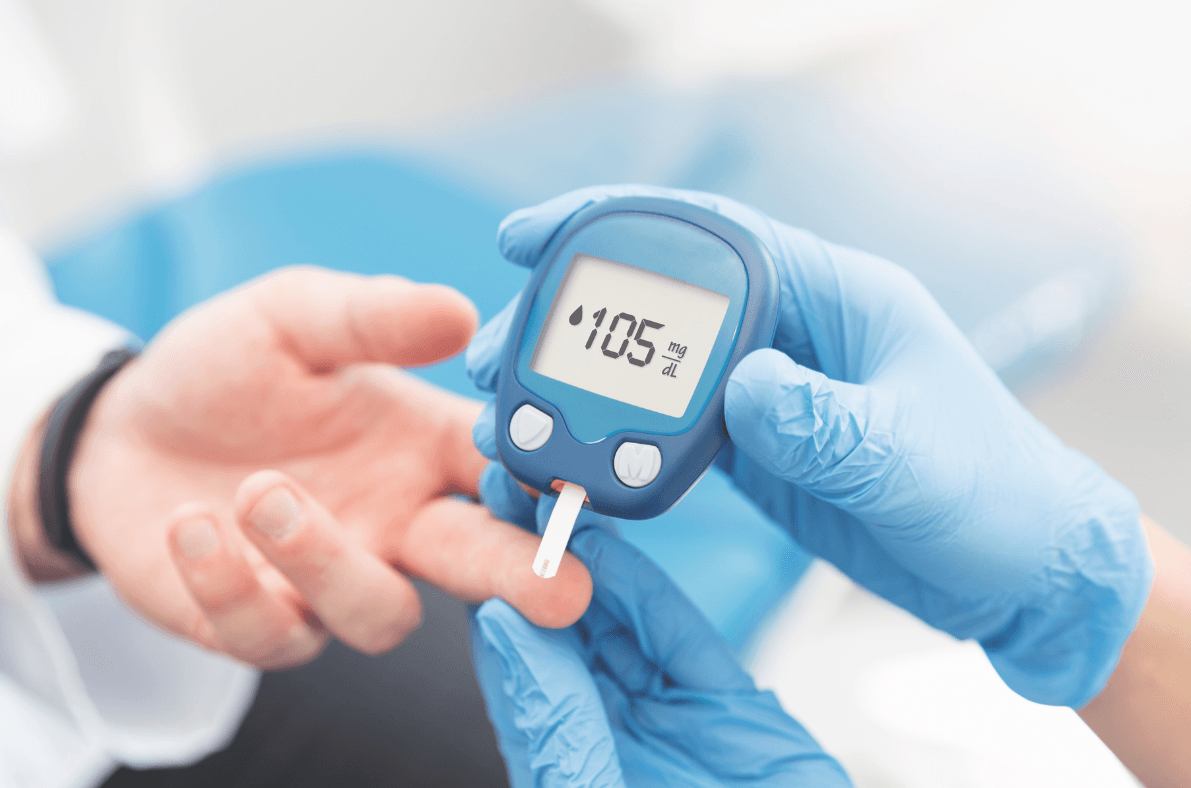As the nights get longer and the weather gets colder, the chances of catching a cold or the flu increase. By getting a flu vaccine, you can be protected from the risk of getting seriously ill.
Read on to find out why you should consider getting a flu vaccine this winter.
How Does It Work?
A flu vaccine causes antibodies to develop in the body that will help to protect from any influenza viruses that enter your body. Scientists work hard to identify which strains of the flu are likely to be more prevalent this season, designing the flu vaccine to combat these strains. No vaccines contain live viruses so will not give you the flu itself, just act as prevention.
The flu vaccine gives the best protection against flu and if you do catch it, the symptoms are likely to be milder and not last as long. It will also stop you from spreading the flu to other people who may be more at risk.
Flu Vaccine and Coronavirus
Because of the number of people staying indoors during the course of the COVID-19 pandemic, people are less likely to have built up any natural immunity to protect against the flu this year. If you get the flu and COVID-19 at the same time, you are much more likely to become seriously ill.
By getting vaccinated, you’re protecting yourself from both of these serious illnesses. If you’re eligible for your second dose of the COVID-19 jab or the booster, it is completely safe to have this and the flu jab at the same time.
Free Flu Vaccine
The flu vaccine is given free on the NHS for a few key groups. These are people who:
● Are over 50 before March 31st 2022
● Are pregnant
● Are in long-term residential care
● Have certain health issues - this includes respiratory conditions, heart conditions, obesity, kidney or liver disease, neurological conditions, a learning disability, asthma or bronchitis, spleen problems or a weakened immune system
● Are the main carer for an older or disabled person or receive a carer’s allowance
● Live with someone more likely to get infections
● Frontline health or social care workers
If you don’t fall into any of these categories, you can still get the flu vaccine, but it will not be available for free. You can have your flu vaccine at your GP surgery, a pharmacy, or at a hospital, depending on their availability. You should book soon to get your appointment as quickly as possible.
Most adults can and should get the flu vaccine, but you should avoid it if you are currently ill with a high temperature or have had a serious allergic reaction in the past. This may be due to an egg allergy. If so you can ask your GP for a low-egg or egg-free vaccine.
If you’re still unsure and live in the North London area, you can register with NHS GP online and book a video consultation, where a trained practitioner can explain to you the benefits of the flu vaccine. Alternatively, contact us at 0208 902 4792 if you have any questions.











